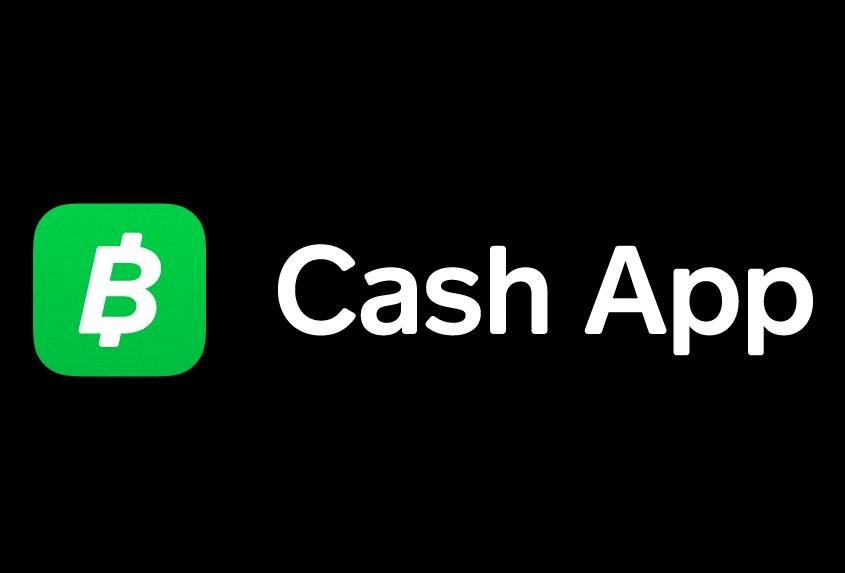When it comes to the question of whether you need to pay taxes on Cash App transactions, there are several key factors to consider. The Internal Revenue Service (IRS) has provided guidance on the tax implications of using payment apps like Cash App for personal and business transactions.
Personal Payments and Taxation
According to IRS Fact Sheet 2023-06 and IRS Form 1040 Instructions, personal payments received through payment apps are typically not subject to taxation. This means that if you are using Cash App to send or receive money from friends or family for personal reasons, you do not need to report these transactions on your tax return.
Business Use and Tax Reporting
However, if you are using Cash App for business purposes, the tax implications may be different. The IRS requires individuals and businesses to report income generated through business activities, including payments received through platforms like Cash App. If you are using Cash App for business transactions, you may need to report these payments as income on your tax return.
Understanding Taxable Income
It’s important to note that not all transactions conducted through Cash App are considered taxable income. The IRS distinguishes between personal and business use of payment apps when determining tax obligations. Personal payments, such as sharing expenses with friends or splitting bills, are generally not taxable.
Keeping Accurate Records
To ensure compliance with tax laws, it is essential to keep accurate records of your Cash App transactions. This includes documenting the purpose of each transaction, whether it is for personal or business use. Having detailed records will help you determine which transactions may be subject to taxation.
Consulting a Tax Professional
If you are unsure about the tax implications of your Cash App transactions, it is advisable to consult a tax professional. A tax professional can provide guidance on how to accurately report your income and ensure compliance with IRS regulations. They can also help you take advantage of any deductions or credits that may be available to you.
Understanding Reporting Requirements
When it comes to reporting income from Cash App on your tax return, it is important to understand the requirements set forth by the IRS. Failure to accurately report your income could result in penalties or fines. By staying informed and consulting with a tax professional, you can ensure that you meet your tax obligations.
Impact of Tax Laws
The tax implications of using payment apps like Cash App can vary depending on individual circumstances and the nature of transactions conducted. It is important to stay informed about changes to tax laws that may affect how you report your income from Cash App transactions.
Recordkeeping Practices
Developing good recordkeeping practices for your Cash App transactions can help you stay organized and compliant with tax laws. Keeping track of transaction details, including dates, amounts, and purposes, will make it easier to report your income accurately when filing your tax return.
Educating Yourself on Taxation
It is beneficial to educate yourself on basic tax principles and how they apply to your use of payment apps like Cash App. Understanding the difference between taxable and non-taxable income can help you make informed decisions about how to handle your finances and report your income to the IRS.
Seeking Professional Advice
While it is essential to have a basic understanding of tax laws, seeking professional advice from a tax professional is recommended if you have specific questions or concerns about your tax obligations related to Cash App transactions. A tax professional can provide personalized guidance based on your individual circumstances.

Final Thoughts
In conclusion, the question of whether you need to pay taxes on Cash App transactions depends on various factors, including the nature of the transactions and how the income is generated. By staying informed, keeping accurate records, and seeking professional advice when needed, you can navigate the tax implications of using Cash App effectively and ensure compliance with IRS regulations.
